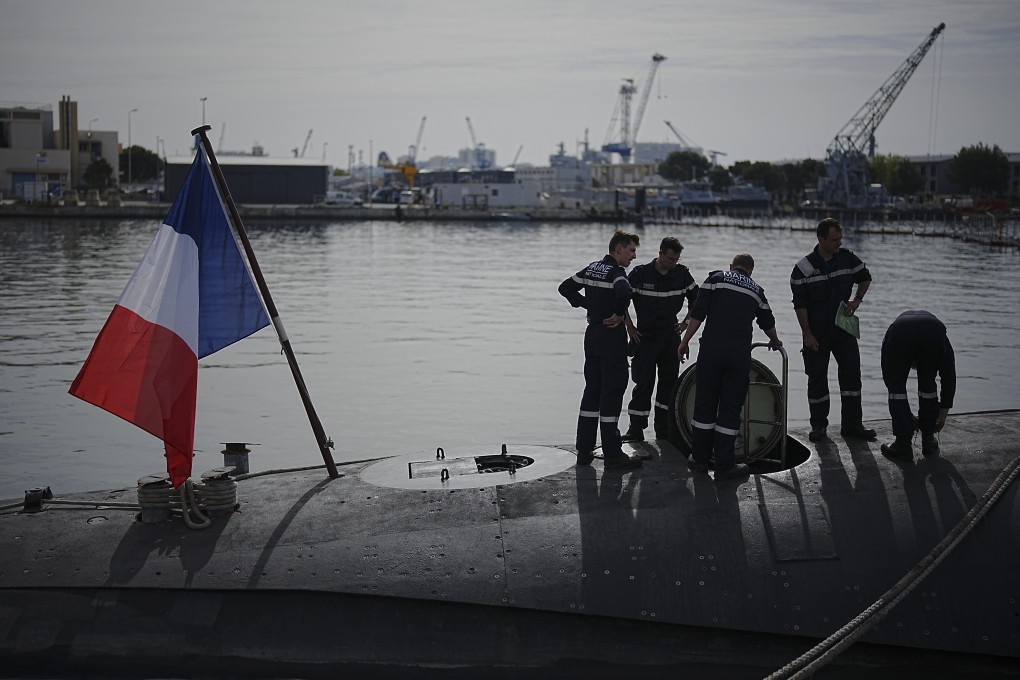Advertisement
Opinion | What lies at the root of Europe’s strategic pivot to Asia
Europeans enjoy relative peace as US power reduces the incentive for security competition. In return, they are helping out in East Asia
Reading Time:3 minutes
Why you can trust SCMP
9

Citing strategic convergence, European powers have been ramping up their military presence in the Indo-Pacific region in recent years. In 2021, three traditional European heavyweights, Britain, France and Germany, sent naval assets including a carrier strike group to East Asia.
Advertisement
This trend continues with recent developments such as Japan’s joint air drills with Germany, Spain, France and Italy, and advances in the Global Combat Air Programme involving Japan, Britain and Italy.
Another pillar of Europe’s growing presence is the proliferation of security pacts, including those being reached between Germany and the Philippines, and between France and Vietnam. Britain, meanwhile, is involved in a reciprocal access agreement with Japan, the Five Power Defence Arrangements and Aukus.
As the global hegemon, the United States has a strong strategic interest in containing China, but European nations do not necessarily share this view. While they are concerned with preserving Indo-Pacific maritime trade routes, this does not automatically necessitate a balancing strategy against Beijing.
For most European nations, the Indo-Pacific is not a core strategic region. Geographically, China’s military rise is confined to East Asia, and a dominant China in East Asia is akin to the US dominating the Western Hemisphere; Europe is used to accommodating a distant regional hegemon.
Advertisement
Despite recent joint drills with Belarus near Poland’s border and naval exercises with Russia in the Gulf of Finland, China’s military projection in Europe remains limited by the tyranny of distance. Thus, when Foreign Minister Wang Yi asserted that there is no fundamental conflict of interest between China and Europe, this sentiment was echoed by French President Emmanuel Macron.

Advertisement
.jpeg?itok=HLHlVwKO&v=1725164700)